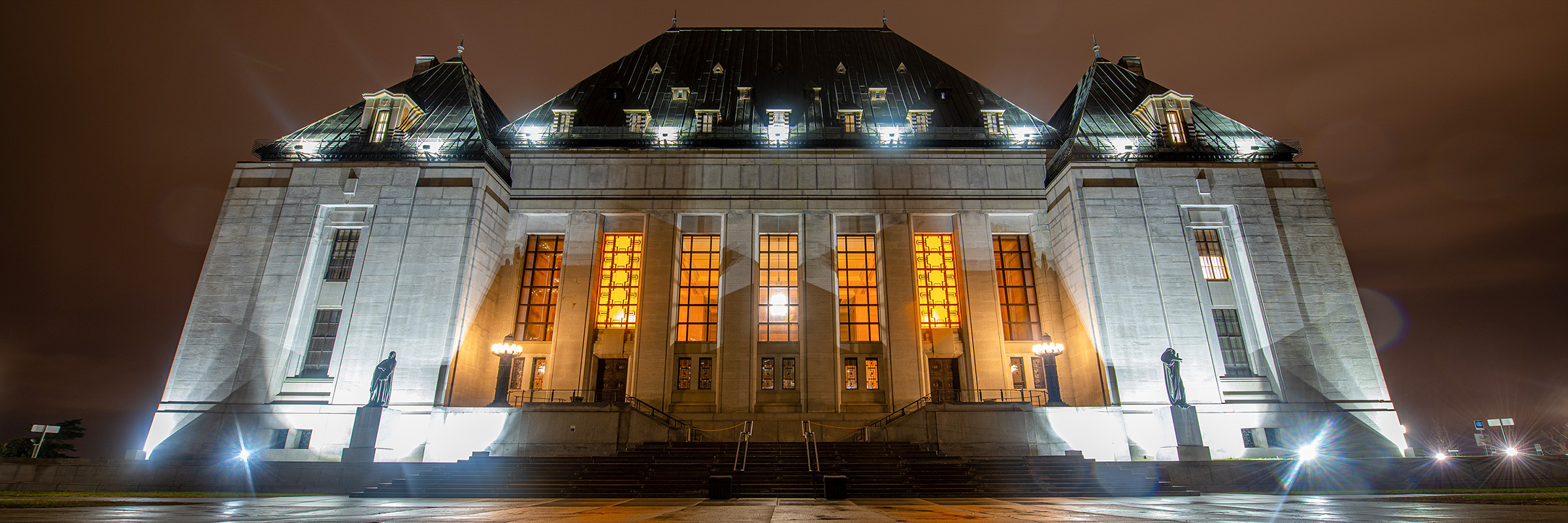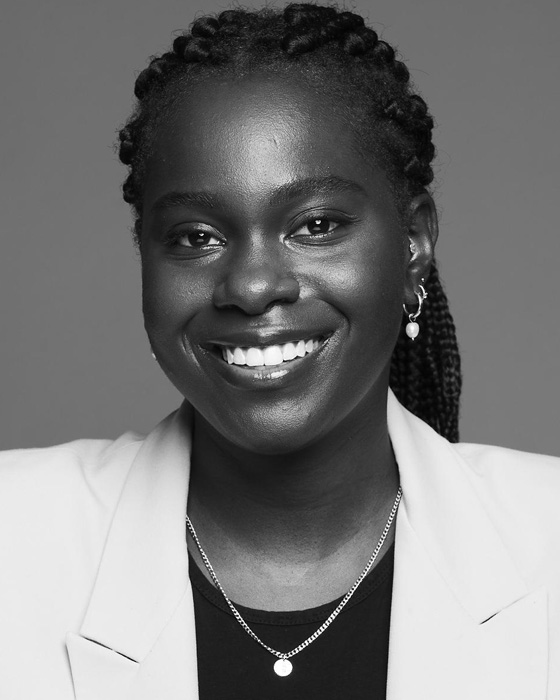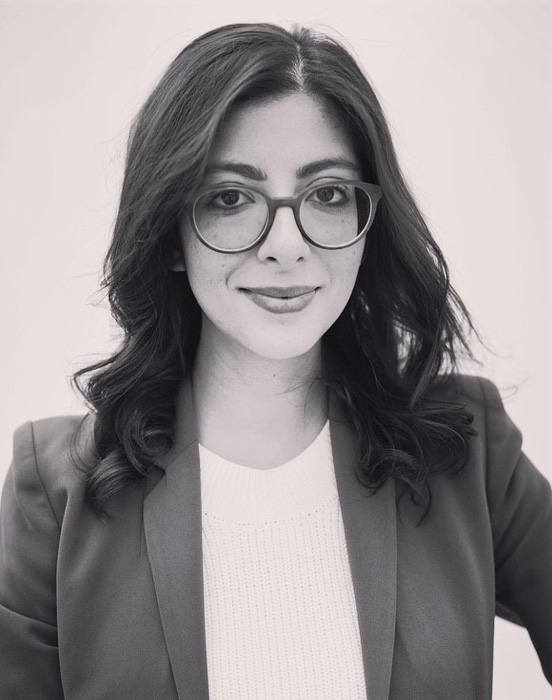
Two recent graduates from Osgoode Hall Law School, Barbara Brown and Jennah Khaled, will both serve Supreme Court of Canada (SCC) justices through their upcoming 2023-24 clerkships. Many of their classmates are headed to similarly prestigious positions.
Brown thought she had blown it. Sitting face-to-face over Zoom with two justices of the SCC in February, the 2021 Osgoode graduate suddenly found herself stammering. The interview lasted less than 20 minutes and, afterwards, it felt like her chances of being hired as a Supreme Court law clerk were fading fast.

“The interviews feel like quite a blur,” she recalled. “I wasn’t feeling super confident about how it went.”
But the second interview with two more justices seemed to go much better, and last February, when she was articling with the Court of Appeal for Ontario, she received a call from an unknown number. It turned out to be the Supreme Court of Canada with a job offer.
“I was kind of shaking and very overwhelmed,” she remembered.
Brown and Khaled – not only classmates, but friends as well – will both be serving as law clerks for the Supreme Court of Canada, beginning in August 2023. Khaled will be clerking for Justice Malcolm Rowe, while Brown learned in October that she will clerk for Justice Michelle O’Bonsawin, the Supreme Court’s first Indigenous judge.
Brown and Khaled are among a new cohort of Osgoode graduates who are currently clerking for top Canadian courts or who are slated to serve in 2023-24. Clerkships typically run for one-year terms, with an option to extend them to two years.
Law clerks assist judges with all aspects of their work, including researching, drafting and editing judgments. It’s an invaluable experience for any young lawyer.
Khaled, who is currently clerking for Justice David Stratas of the Federal Court of Appeal, said she was encouraged to apply for the SCC clerkship by Karen Drake, associate dean, students, at Osgoode, and York Professors Richard Haigh, Dan Priel, Carys Craig and Emily Kidd White.
“I worked with many of these professors closely while I was managing editor of the Osgoode Hall Law Journal,” she said. “They taught me about the relationship between legal academia and judicial thinking.”

She noted that the rigorous interview process challenged her to “think deeply and honestly about what my motivations were, why I had chosen this profession, and what I thought about the state of the law at this early stage of my career.”
Brown said she was drawn to the opportunity, in part, because of her interest in complex civil litigation cases.
“I thought if I was going to be arguing those cases,” she said, “it would be useful to know how judges decide these things. There’s no better person to learn from in terms of how to win a case than a judge.”
She said that pursuing the opportunity also seemed important in terms of representation because a comparatively small proportion of Black law students go on to clerk.
She added that she’s looking forward to witnessing first-hand the dynamics of legal argument in Canada’s highest court and the collegiality of exchanging ideas with Supreme Court justices and her fellow clerks.
Khaled said that she has received “fantastic” mentorship and foundational training in legal writing and administrative law through her work with Justice Stratas and is eager to compare the two experiences.
“I am looking forward to seeing the contrast between the work of an intermediate appellate court and Canada’s apex court,” she said in an email.
Osgoode graduates who are currently serving as clerks at other courts for the 2022-23 term include Akshay Aurora (Court of Appeal for Ontario), Adam Donaldson (Ontario Superior Court of Justice), Joshua Hearn (Ontario Superior Court of Justice), Alison Imrie (Court of Appeal for Ontario), Matthew Kay (Ontario Superior Court of Justice), Haritha Popuri (Ontario Superior Court of Justice Divisional Court) and Erin Sobat (Court of Appeal for Ontario).
Osgoode students or graduates who will be serving as clerks for the 2023-24 term include Annika Butler (Ontario Superior Court of Justice), Emily Yin Kot (Federal Court), Frank (Francis) Nasca (Court of Appeal for Ontario), Priyanka Sharma (Federal Court), Matthew Traister (Federal Court) and Emily Wuschnakowski (Ontario Superior Court of Justice Divisional Court).
"I am tremendously proud of and inspired by all our students who successfully obtained clerkship positions,” said Drake. “They will have a rare opportunity to gain insight into the inner workings of our judicial system and to hone their legal analysis and research skills.”
“I look forward to following their careers and future accomplishments with great interest,” she added.
